On February 22, 1898, Frazier Baker, a black postmaster in a predominantly white hamlet of Lake City, South Carolina woke up to discover a raging fire had been deliberately set in the back of the area of his small wooden home and the community’s post office. Baker along with his wife and children tried unsuccessfully to put out the fire. The family decided to flee to keep from losing their lives in the fire, but the white mob outside had other plans for them.
Baker was shot several times and collapsed from his injuries, fatally wounded. The gunfire continued injuring the three oldest children but they somehow managed to escape through an opened back door and into the night.
Baker’s wife, Lavinia, attempted to follow the oldest children with her infant daughter Julia, but a bullet passed through her hand, killing the baby and tearing her from her mother’s arms. Struck in the leg by a second bullet, Lavinia fell down beside the burning building. The mob then dispersed as left as quietly as they rode into the town. After the lynching, the black community came together and provided a safe haven for Lavinia and her children until they moved away to Boston, Massachussetts.
During the years of 1889 and 1899, it was common for a lynching to occur every other day. Most often black men living in the deep south were accused of making sexual advances toward white women made up about the majority of the lynchings. However, it was far from being the only reason lynchings occurred during that time.
Before the lynching Frazier Baker and his infant daughter, the white townspeople accused Baker of being an “uppity” black who didn’t know his place. Baker had taken a job as a postmaster in a white man’s town which automatically put a target on his back. He had also been accused of administrative incompetence and just being downright ignorant. Although the post office was boycotted for Baker’s alleged lack of competence, the federal post office investigators found no evidence to substantiate the townspeople claims. So, the townspeople decided to take matters into their own hands.
Although thirteen white men were tried for the lynching of the Baker’s, no one was convicted. After twenty-two hours of deliberation, an irreconcilably divided jury produced a mistrial; evidence suggested approximately half of the jurors had voted to convict the white men for the lynching of the Bakers. The federal government never resumed prosecution of the case.
sources:
https://postalmuseum.si.edu/behindthebadge/1898-lynching.html





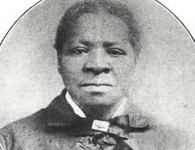
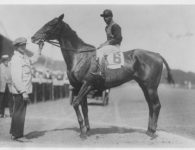
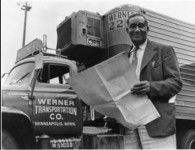

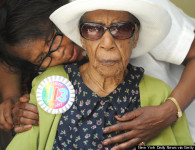



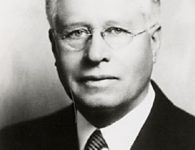
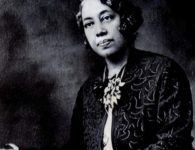

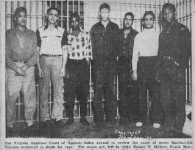
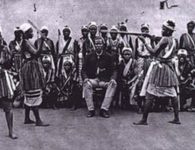
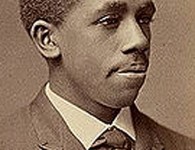


2 Comments
I am new to this site and I love it. Very informative and enlightening.
What black folks been through in this so called free country black people should even gomto,jail or have to pay taxes period